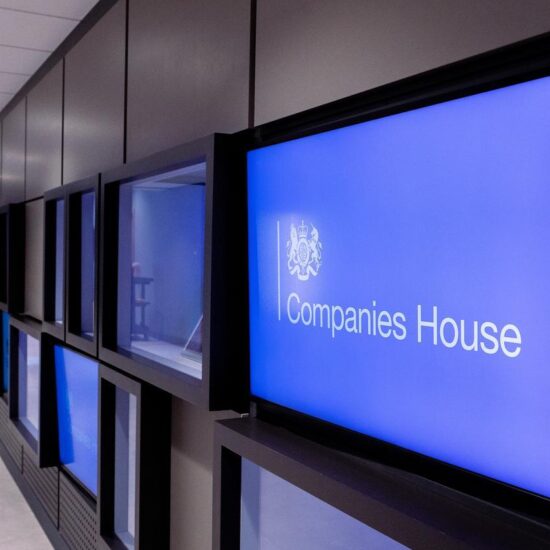Growth flatlines as tax fears take hold
Jacob Grattage, Reporter, Business & Accountancy Daily
With uncertainty swirling around the upcoming November Budget plans the automotive sector was hit by tariff woes
The economy slumped after a 0.4% increase in June with the few growth areas being services and construction but figures were dragged down by a sharp decline in automotive sales, however year on year GDP was 1.4% higher than July 2024.
Although the service sector showed signs of gathering pace, one of the largest hit industries within the sector was car and motorbike sellers and traders, seeing a huge drop of 1.4%.
This drop was affected by the initial 25% US tariff on the automotive sector, which were later changed to 10%, on all cars and car parts imported to the US.
The US is the UK’s number one export partner for cars, and in 2024 the UK exported £9bn worth of cars to the US accounting for 27.4% of all UK car exports.
Manufacturing output also fell by 1.3% in July 2025, with output in nine of the 13 subsectors also falling in July 2025. This fall was mainly caused by manufacturing output falling by 1.3%, while mining and quarrying fell by 2.0%.
One of the largest declines came from the pharmaceutical sectors which fell by 4.5%, following another fall of 1.1% in June 2025.
Danni Hewson, AJ Bell head of financial analysis, said: ‘Clearly Donald Trump’s tariffs and the uncertainty about the impact on global trade has impacted some manufacturers, but it’s notable that one of the biggest drops came from the pharmaceutical sector, a sector already in the spotlight after US pharma giant Merck announced it was pulling out of a major UK investment.
‘Many businesses which had delayed investment and job creation as they worked through the impact of last year’s Budget on labour costs, have kept their fingers on the pause button as they consider what taxes might go up in order to fill the hole in the public finances.’
Services grew a meagre 0.1% and construction was up 0.2%, the worst contributor was manufacturing which dropped by 0.9%.
‘Growth was uneven across sectors, highlighting that underlying demand remains more fragile,’ said Ben Jones, CBI lead economist.
‘Speculation about new business taxes is casting a long shadow. Amid rising cost pressures, firms are already holding back on hiring and investment and are wary of weeks more Budget uncertainty.’
Even against the backdrop of the autumn budget, growth winners included the accounting industry which recorded a 0.1% climb with revenues growing by 3.4% in July 2025 to £3.8bn.
The accounting industry had had the largest contribution to the increase in GDP in July.
Overall, revenues in the sector were only 0.3% higher than the previous month at £249bn in July 2025 and up by 2.3% from the same time last year.
With the economy flatlining, positives must be viewed against a ‘worrying backdrop’ says Julie Matheson, Accounting Industry Regulatory Partner at Kingsley Napley.
She said: ‘We know that some accounting services can be counter cyclical, but clearly a stalling economy will impact investment and demand from many clients.
‘To that end accounting firm leaders must be hyper vigilant about the opportunities and threats for their firms in the current environment and keep an eye on costs, despite inflationary pressures.’







